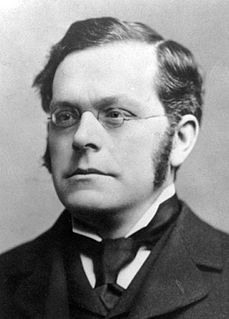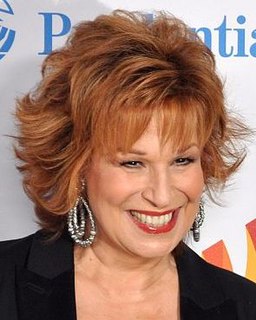A Quote by Augustine Birrell
A conventional good read is usually a bad read, a relaxing bath in what we know already. A true good read is surely an act of innovative creation in which we, the readers, become conspirators.
Related Quotes
The ear is the only true writer and the only true reader. I know people who read without hearing the sentence sounds and they were the fastest readers. Eye readers we call them. They get the meaning by glances. But they are bad readers because they miss the best part of what a good writer puts into his work.
I never need to find time to read. When people say to me, ‘Oh, yeah, I love reading. I would love to read, but I just don’t have time,’ I’m thinking, ‘How can you not have time?’ I read when I’m drying my hair. I read in the bath. I read when I’m sitting in the bathroom. Pretty much anywhere I can do the job one-handed, I read.
I don't think I've ever googled myself. But I do read some things... I mean, if I know that I was with an interviewer and I kind of figure that he or she got something bad or something good from the interview, then I'll read the piece when it comes out. But other than that, I'd have to have a reason to read it - and, usually, I don't have a reason.
The man who doesn't read good books has no advantage over the man who can't read them. It is said that leaders are readers. However if they read trashy magazines for the majority of their time and they never run with the information that they glean from resourceful books, then they may as well have not taken any time to read at all. It is easier to stay out than get out.
When you start out as an actor, you read a script thinking of it at its best. But that's not usually the case in general, and usually what you have to do is you have to read a script and think of it at its worst. You read it going, "OK, how bad could this be?" first and foremost. You cannot make a good film out of a bad script. You can make a bad film out of a good script, but you can't make a good film out of a bad script.
































